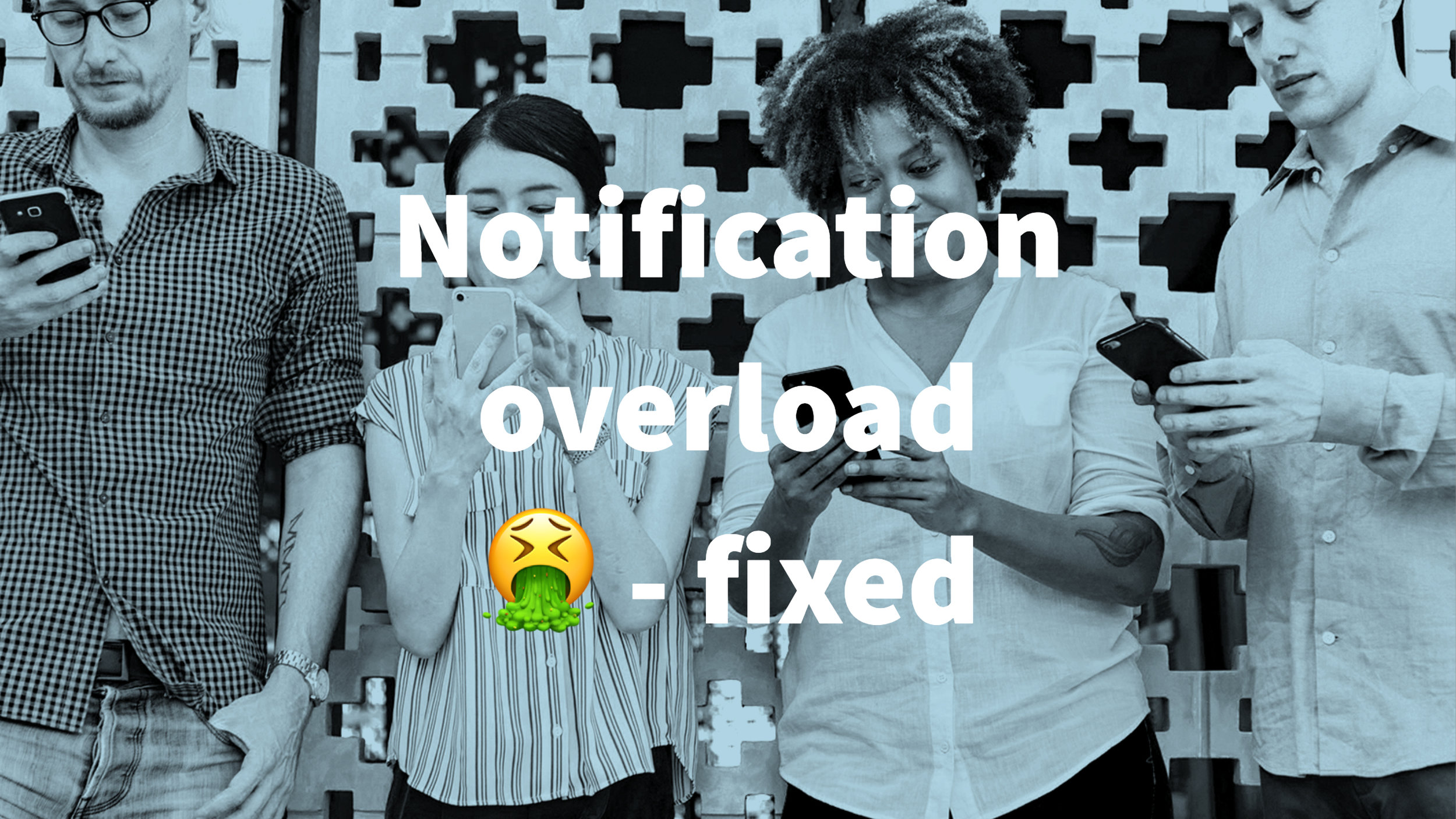Killing good ideas can harm your future
5 Myths about the Creative Brief
You maybe know the saying: "If you don't know where you are going, the road takes you there." So you end up somewhere without knowing if its the right place. In the graphic design and advertising business this is the last thing you want to happen. You don't want to present to your client a product, which doesn't get the point your client wanted to communicate. Did you misunderstand the briefing? Did your creativity lead you out of the boundaries your client want to accept. To know what happened, and even better to avoid such a thing to happen you need a creative brief. I know what you are thinking, so lets start and destroy some myths about the creative brief.
Creative briefs are too complicated
You don't have to start with the high profile creative brief. If you are not used to make one start slowly. Just put on it the most basic things. Client Details, the responsible persons in the clients firm and in your firm. The main goal of the project in 1 or 2 sentences. A short abstract of the briefing. The dates of the steps. You can build a form for it so you just have to fill it out. Later when you get used to it you can expand it.
A creative brief is to abstract to help you
This is really a pitfall for most creative briefs. The balance between writing about the facts and to not limit the creative output. You should in the beginning stay pretty down to earth and later on you can write a little bit more abstract. For example if your client wants a flyer for a sale - write in the creative brief "Flyer for a sale" instead of "Promote a sale". If you want it to be more open write "Cheap way to promote a sale". So don't misunderstand the term creative brief.
Writing a creative brief is lost time
In fact you save time. Think about the time lost when you have to redo a project because you where mislead. It also helps you to get back into a project if some time passed since you last worked on it. Its common that you start a job and it passes a couple of weeks before you really work on it because you did not have all the materials. By the way, you get usually faster the more creative briefs you do. And don't forget, you do for yourself already a creative brief when you read the brief and rearrange the information in your head, you just don't put it on paper.
A creative brief is only for internal use
Use the creative brief as a the rebriefing tool. Rebriefing is the process where you send your client before you start an abstract of the briefing to confirm that you understand everything. By sending the creative brief to your client you show that you are a professional and you show that its important for you to make your client happy.
Creative Briefs are cure for everything
A creative brief is just a starting point. Its the launch pad for your ideas but it does not show you the solution. It will help you keep on track, but its not a creative technique. Just by doing the creative brief you maybe not get a better result but you will get consistent products. Its part of a workflow, its not the workflow. So if you write a creative brief and you don't stick to it or you haven't got the process managed than its useless.
Some resources for you reading
So you got interested in writing a creative brief. Good. Here are some links to example creative briefs and some further theory. Pick the parts you like and build your own that fits your needs.












